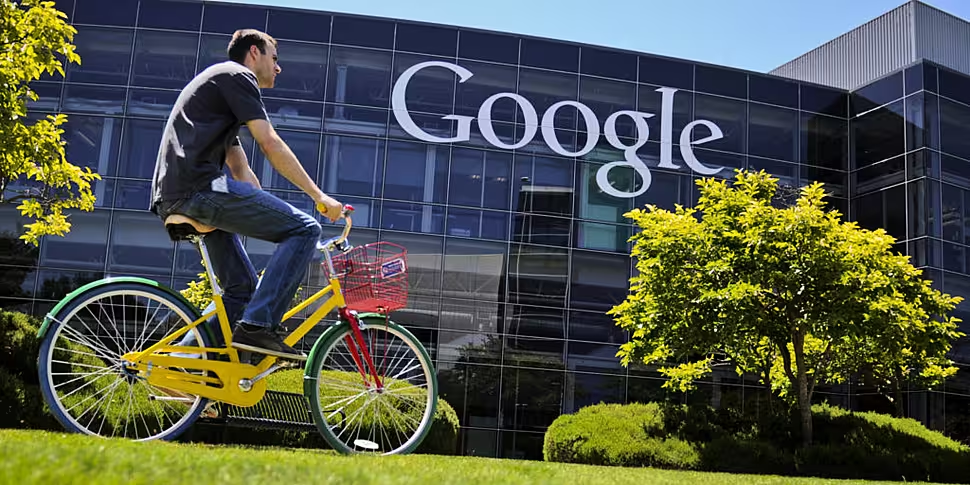Internet search giant Google has welcomed a ruling from the highest court in Europe, which found the company does not have to remove links to people's personal data globally.
The ruling means the tech giant only has to apply the 'right to be forgotten' within the European Union.
In May 2014, the court found that certain users have the right to ask search engines like Google to remove results for queries that include the person's name.
This is why search results within the EU have the caveat 'Some results may have been removed under data protection law in Europe' at the end of the search page.
People can ask for a removal in writing by filling out a web form to Google, which is then assessed.
A year later, the French data protection authority asked Google to apply the right to be forgotten globally and not just in Europe.
The Commission Nationale de l'Informatique et des Libertés (CNIL) also fined Google €100,000 for refusing to comply.
The company challenged the ruling and on Tuesday, the European Court of Justice(ECJ) ruled in its favour.
 The logo of the internet search engine Google in 2015 | Image: Frank May/DPA/PA Images
The logo of the internet search engine Google in 2015 | Image: Frank May/DPA/PA ImagesThe court found that while a search engine operator should grant a request for 'de-referencing' made by a person, there is no obligation under EU law to carry out such a measure on all the versions of its search engine.
"EU law requires a search engine operator to carry out such a de-referencing on the versions of its search engine corresponding to all the member states and to take sufficiently effective measures to ensure the effective protection of the data subject’s fundamental rights", the court said.
"Thus, such a de-referencing must, if necessary, be accompanied by measures which effectively prevent or, at the very least, seriously discourage an internet user conducting a search from one of the member states on the basis of a data subject’s name from gaining access, via the list of results displayed following that search, through a version of that search engine outside the EU, to the links which are the subject of the request for de-referencing.
"It will be for the national court to ascertain whether the measures put in place by Google Inc meet those requirements."
Speaking after the ruling Peter Fleischer, senior privacy counsel for Google, said: "Since 2014, we've worked hard to implement the right to be forgotten in Europe, and to strike a sensible balance between people's rights of access to information and privacy.
"It's good to see that the court agreed with our arguments, and we're grateful to the independent human rights organisations, media associations and many others around the world who also presented their views to the court."









